Happy Thursday! President Donald Trump announced his long-awaited tariffs plan on Wednesday, targeting the obvious heavy economic hitters like China. But they also include remote territories such as the sub-Antarctic Heard Island and McDonald Islands. Because running trade deficits with a bunch of elephant seals and king penguins is apparently the worst.
Quick Hits: Today’s Top Stories
- President Donald Trump on Wednesday unveiled sweeping tariffs on countries and territories worldwide, including several top U.S. trading partners. “We will supercharge our domestic industrial base, we will pry open foreign markets and break down foreign trade barriers,” Trump said in a speech announcing the tariffs, which are poised to hit both U.S. allies and competitors. The plan began at a 10 percent baseline duty for all imports but also outlined higher reciprocal tariffs on a case-by-case basis, including a 20 percent tax on all imports from the European Union and a 34 percent levy on all Chinese goods. The latter, together with two earlier rounds of 10 percent duties, means Beijing could now face a combined tariff rate of 54 percent. Several countries have already vowed to respond to the measures. Meanwhile, tariffs on foreign cars and car parts took effect at 12:01 a.m. ET today.
- Israeli Defense Minister Israel Katz announced plans on Wednesday to “capture extensive territory” in the Gaza Strip. The ground incursions, aimed at opening a new security corridor in the Strip, come amid Israel’s continued airstrikes targeting Hamas fighters and infrastructure. “We are now dividing the Strip and increasing the pressure step by step, so that they will release our hostages,” Israeli Prime Minister Benjamin Netanyahu said of the maneuver, which would effectively cut off the southernmost city of Rafah from the rest of the enclave. There are still 59 hostages in terrorist captivity in Gaza, 24 of whom Israel believes to be alive.
- Russian President Vladimir Putin on Tuesday began the conscription of 160,000 men age 18-30 into military service, the state-run news agency Tass reported. The spring draft, Russia’s largest call-up since 2011, is expected to replenish Moscow’s manpower amid mounting battlefield losses. On Saturday, the Associated Press reported that Ukrainian officials believe Russia may be preparing for large-scale offensives along multiple fronts in the coming months. The anticipated military campaign is reportedly intended to boost the Kremlin’s negotiating position in ceasefire talks.
- U.S. District Judge Dale Ho on Wednesday dropped corruption charges against New York City Mayor Eric Adams. The move followed the Trump Justice Department’s recommendation that the case be dismissed, but instead of dropping the charges “without prejudice” per the administration’s request, Ho dismissed them “with prejudice,” meaning federal prosecutors cannot re-open the case at a later date. Writing in a 78-page opinion, the judge also criticized the DOJ’s motivations for choosing not to prosecute Adams: “Everything here smacks of a bargain: Dismissal of the indictment in exchange for immigration policy concessions.”
- President Trump announced plans on Wednesday to nominate Stanley Woodward as associate attorney general, the No. 3 post at the Justice Department. The defense attorney has represented several top Trump aides and allies in recent years, including FBI Director Kash Patel, GOP Rep. Scott Perry, White House trade adviser Peter Navarro, and Walt Nauta—the president’s co-defendant in a criminal case brought by former special counsel Jack Smith over Trump’s alleged mishandling of classified documents. If confirmed by the Senate, Woodward will oversee the DOJ’s civil rights, antitrust, and tax work.
- The Senate voted 52-45 on Tuesday to confirm Matthew Whitaker, the acting attorney general during President Trump’s first term, as the U.S. ambassador to NATO. During his confirmation hearing, Whitaker told lawmakers that Trump’s commitment to the military alliance was “ironclad.” He’s now expected to lead the administration’s efforts to push other NATO members to boost their defense spending.
We can end smoking faster.

A TikTok Ban Looms
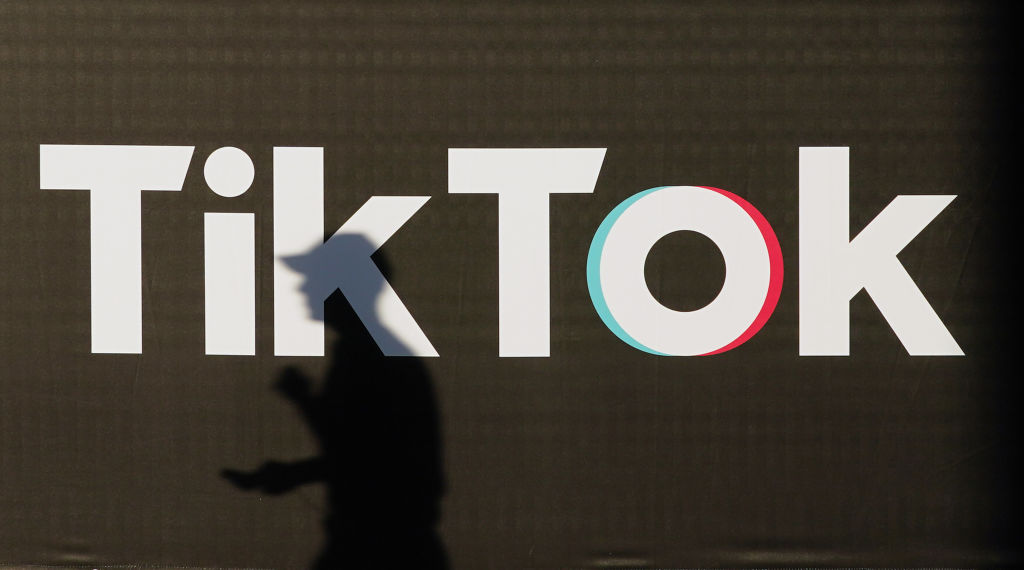
We at TMD know better than to say that TikTok’s time might be up—or at least we do now. But with only three days before a ban may actually take effect, we’d be lying if we weren’t curious how everyone’s TikTok dances would look on our LinkedIn feeds.
If the popular streaming app’s China-based parent company, ByteDance, wants to keep its 170 million American users off of its competitors’ apps, it has until Saturday to sell TikTok’s U.S. operations or face a ban. There have been rumors of interested buyers, but so far, nothing official has materialized. As the Trump administration’s deadline looms, it remains to be seen whether ByteDance will pull out a last-minute deal or be forced to exit the U.S. market.
Regulation of TikTok had been discussed for years when in April 2024, Congress finally passed a bill giving ByteDance until January 19 of this year to find a buyer. ByteDance challenged the constitutionality of the law, but the Supreme Court upheld the ban two days before it was set to take effect. Then upon taking office earlier this year, President Donald Trump extended the app a lifeline, directing ...
As a non-paying reader, you are receiving a truncated version of The Morning Dispatch. You can read our 1,320-word item on TikTok’s uncertain fate in the members-only version of TMD.
Today’s Must-Read
In Canada, the Conservatives are a party of market-oriented economic reformers and the Liberals are a party of big-government corporatists and nationalists—hence the leftward stampede of Canadian voters in response to Donald Trump’s insults, threats, and abuse. But that nationalist sentiment is not uniformly distributed throughout the Canadian population.
Toeing the Company Line
Damn the Torpedoes
Will Tuesday’s election results make Trump and Musk change course?
Phony Liberation From a Phony War
Nationalism cosplaying as patriotism isn’t fooling anybody.
Three Big Reasons to Doubt Trump’s Tariff-Driven Investment ‘Boom’
Companies tend to overpromise and underdeliver, while higher costs and uncertainty could trigger a retreat.
Did the U.K. Propose a ‘Two-Tier Justice System’ for Criminal Sentencing?
Assessing claims about recently proposed sentencing guidelines in England and Wales.
How AI Is Jolting the Labor Force
We need more electricians, but occupational licensing raises barriers.
Government Tools for Handling Classified Communications, Explained
What are the approved methods and means of communicating securely?
Big Government Now
Jefferson versus Hamilton forever.
Evangelizing vs. Proselytizing
Will SCOTUS side with religious institutions?
Worth Your Time
- This week, Sen. Cory Booker, a New Jersey Democrat, spoke from the Senate floor for more than 25 consecutive hours. For the New York Times, Dani Blum dug into the logistical challenges behind the longest speech in the upper chamber’s modern history. “‘My body is definitely going through it right now,’ Mr. Booker said in an interview Wednesday evening. ‘But my spirit is so high.’ The senator, who started speaking Monday evening to condemn the Trump administration and continued to talk until Tuesday night, said that before he started talking, he had not drunk water since Sunday night, so that he would not have to stop and use the bathroom. He also said that he fasted for days leading up to the speech,” she wrote. “Being able to deliver such a lengthy speech, without any sort of break, is ‘an amazing physical feat, absolutely,’ said Dr. Santina Wheat, a family medicine doctor at Northwestern Medicine Delnor Hospital in Illinois. It also goes against all the advice she gives her patients about staying hydrated, getting plenty of rest — and, yes, using the bathroom when they need it. … Mr. Booker, for his part, did not appear to tire. He occasionally rested on the lectern as he spoke. But even in the final minutes of his speech, he spoke loudly and clearly, gesturing with his hands to emphasize his points.”
Presented Without Comment
Axios: Trump’s Tariffs List Is Missing One Big Country: Russia
President Trump unveiled tariffs of at least 10% Wednesday on virtually the entire world, with one notable exception: Russia.
Press Secretary Karoline Leavitt told Axios Wednesday that Russia was left off because U.S. sanctions already “preclude any meaningful trade.” However, the U.S. still trades more with Russia than with countries like Mauritius or Brunei that did make Trump’s tariffs list.
In the Zeitgeist
In honor of the cast announcement for four Beatles biopics—one for each band member—set to hit theaters in April 2028, the legendary band’s 1969 rooftop performance is worth a watch.

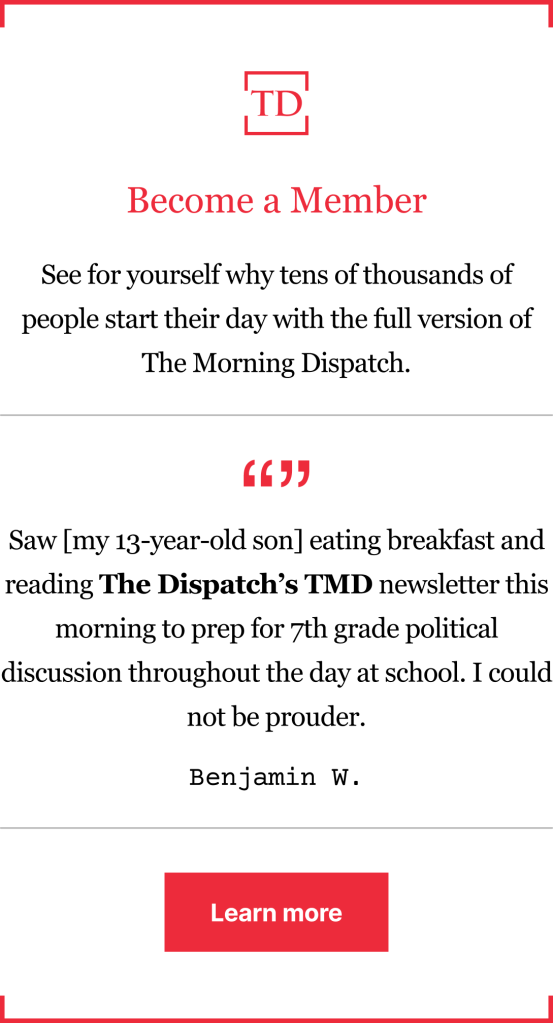

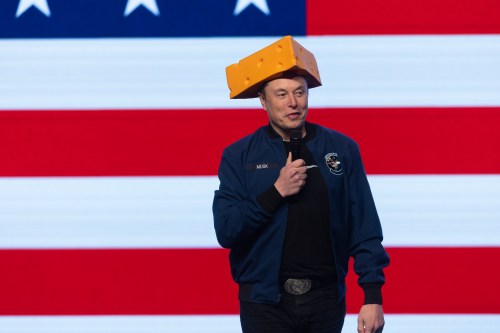
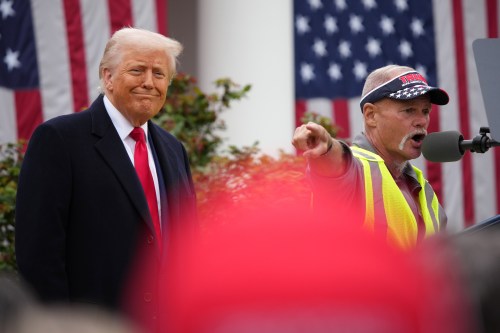

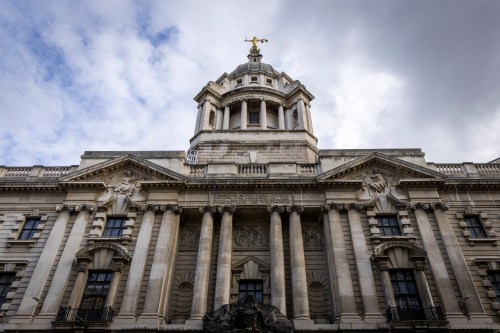

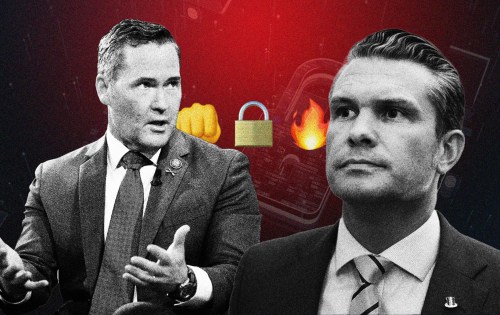
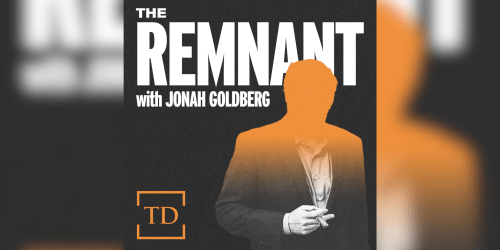
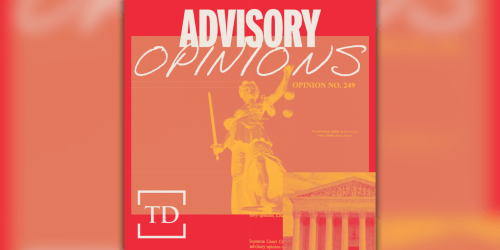



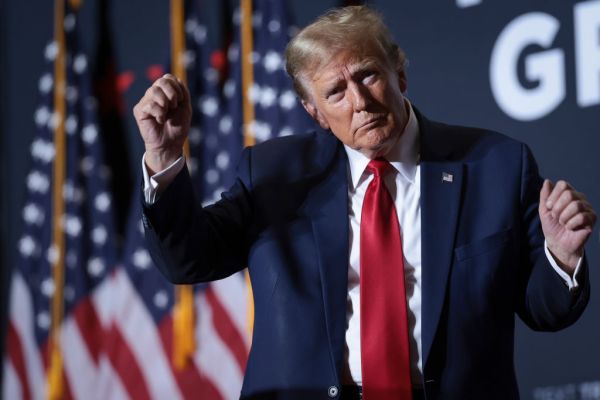

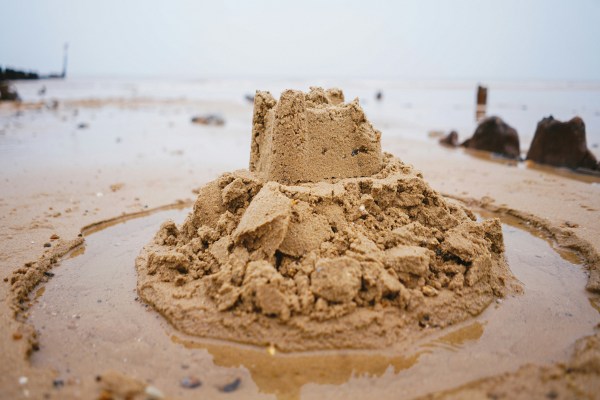
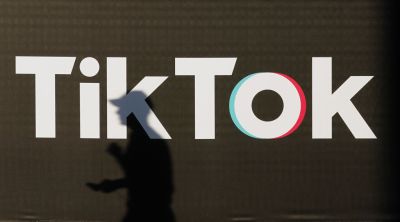
Please note that we at The Dispatch hold ourselves, our work, and our commenters to a higher standard than other places on the internet. We welcome comments that foster genuine debate or discussion—including comments critical of us or our work—but responses that include ad hominem attacks on fellow Dispatch members or are intended to stoke fear and anger may be moderated.
With your membership, you only have the ability to comment on The Morning Dispatch articles. Consider upgrading to join the conversation everywhere.